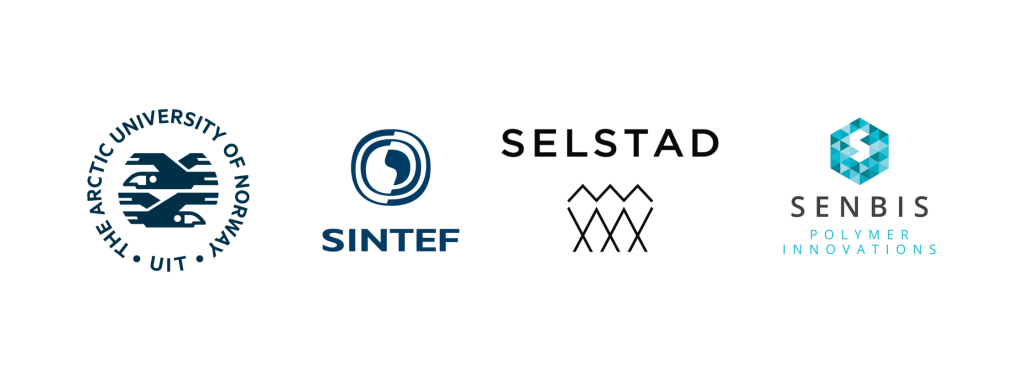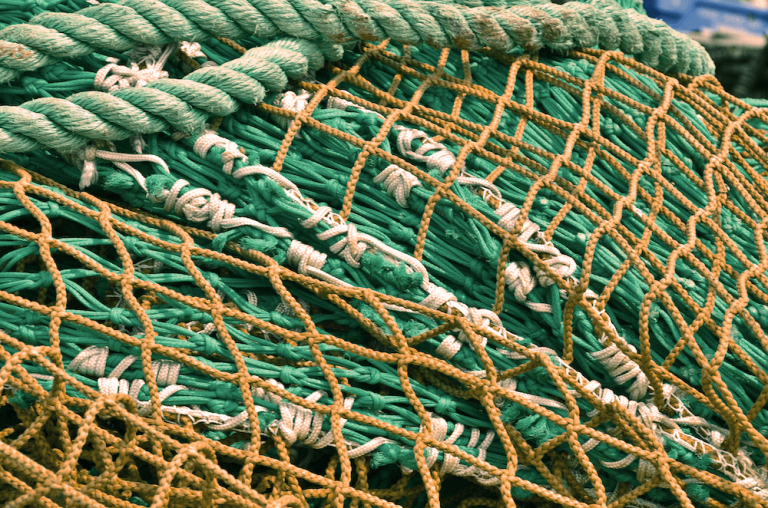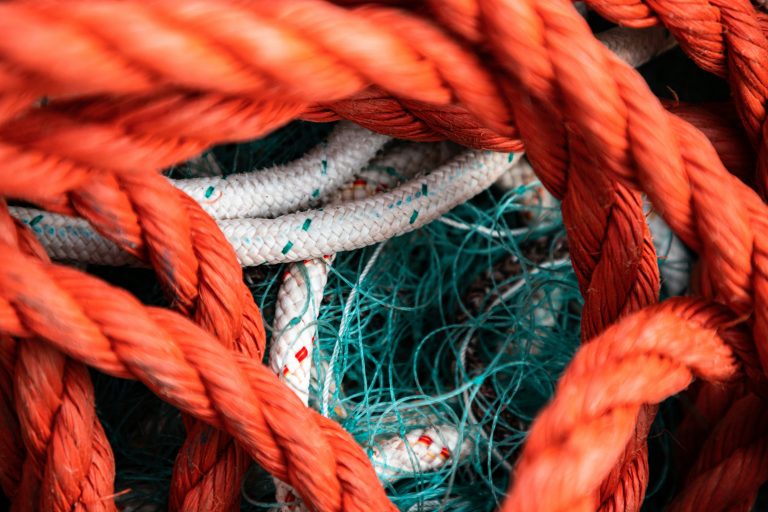Steel ropes coated with synthetic fibres used by demersal seiners targeting demersal species can be a source of marine plastics pollution, due to high abrasion and wear on fibres during use. To address this, SEARCULAR is testing seine rope coating made from biodegradable polymers that are three times more resistant to friction than traditional materials used. This helps fishing gear last longer, while reducing the release of plastics from fisheries into the environment.
“Demersal seining offers a lower impact method of fishing close to the seabed compared to heavy contact gears e.g. bottom trawls, and can provide high quality, low carbon food sources for European consumers. We are working to make this mode of fishing even more sustainable, by developing bio-seine ropes that will help minimise plastic waste generated by this sector, and support healthy marine ecosystems into the future.”
Partners working on Solution 2:



